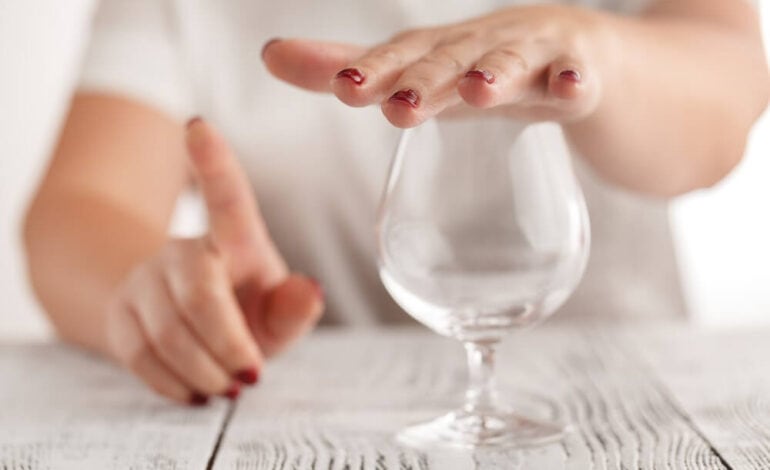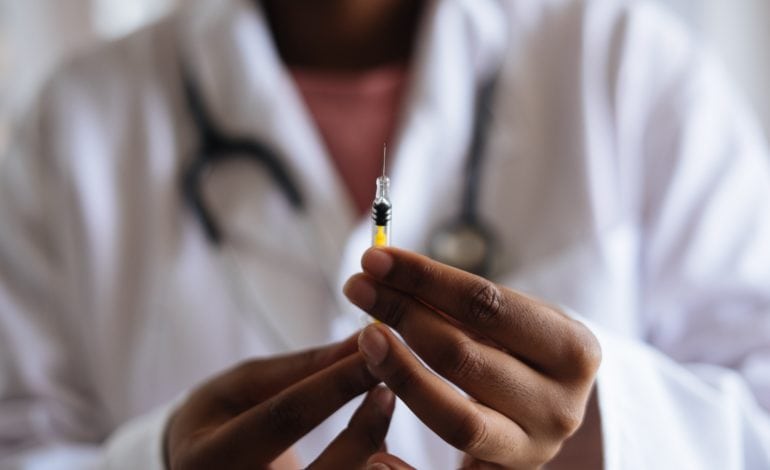“July was first declared as National Minority Mental Health Awareness Month in 2008. Since then, July has been a time to acknowledge and explore issues concerning mental health, substance use disorders, and minority communities. It is also important to destigmatize mental illness and enhance public awareness of mental illness among affected minority groups across the United States. Studies suggest that racial minority groups and sexual minority groups show higher levels of anxiety, depression, suicidal tendencies, post-traumatic stress disorder (PTSD), and other mental health disorders. Unfortunately, in most cases, society’s deep-rooted prejudice towards such stigmatized minority groups is a major cause of feelings of rejection, estrangement, and harassment. Moreover, immigration status, economic conditions, education levels, and access to public health benefits are just a few differences that can adversely impact the experiences of various ethnic groups in the U.S.”
13.4 percent of the U.S. population identifies as Black or African American, and of those, over 16 percent reported having a mental health disorder in the past year. Blacks and African Americans experience trauma and violence more often than their White counterparts, and these experiences impact the emotional and mental health of both youth and adults alike. There are significant disparities in many black communities where there are fewer mental health services available. Black Americans have less access to mental health care than white Americans but are substantially less likely to receive treatment.
Historical oppression and violence against Blacks and African Americans have created a sense of fear, mistrust, and inadequate access to mental healthcare within these minority communities. So when Black or African American celebrities use their platform to speak up about mental health in this minority community, we must all listen. We must all listen so we can have a better idea of what they are experiencing. We must all listen so we can learn to stand together and advocate for mental health regardless of our skin color. We must all listen so we can support those who are hurting and are in need. We must all listen to break down the stigma associated with mental health disorders in minority communities.
Janet Jackson
Famous singer and actress, Ms. Jackson struggled with body image and an eating disorder in childhood that lead to depression and low self-esteem. She admits that her depression comes and goes and believes that her low self-esteem may be rooted in childhood feelings of inferiority. “I wasn’t happy with the way I looked. For most of my life, that lack of happiness followed me, and I wish someone has told me, ‘You look fine. You look healthy. Being a little chubby is the least important thing in the world. Enjoy your childhood. Enjoy running and laughing and playing. Stop looking in the mirror and comparing yourself to others”.
Jennifer Lewis
Veteran actress Jennifer Lewis wrote a book entitled, “The Mother of Black Hollywood” which tells her personal story of battling bipolar disorder since her diagnosis in 1990. Lewis initially resisted the reality of her disorder and refused to take medication until a self-described nervous breakdown left her convulsing in sobs, a hostage to her untreated neurochemistry. Twenty-five years later, she is thriving and happy because, as she says, she “does the work.” She takes her medication daily, was in therapy for nearly two decades, and still occasionally checks in for fine-tuning.
Jada Pinkett-Smith
Jada is a famous black actress, screenwriter, producer, and businesswoman who is also married to the infamous Will Smith. This A-list celebrity and mother of two sons opened up about her depression and suicidal tendencies in her twenties. Since then, she has admitted to overcome her deep depression but revealed that a lot of her healing came from “uprooting some false beliefs” and “accepting just what life is”.
Jay Z
The famous black musical artist has been an advocate for childhood mental health treatment since Jay Z first started going to therapy. Jay Z has been a mental health advocate for the black community and often speaks out about the stigma associated with therapy. While Jay-Z has not publicly discussed dealing with any specific mental health disorder personally, he certainly has used his platform to advocate for mental health, especially after the suicide of his friend and fellow artist Chester Bennington in 2017. “Hopefully his death serves as a wake-up call,” Jay-Z said during the interview after his friend passed away, “Mental health is a real thing. You never know what people are going through, and you think because they’re performers and he sold 14 million records, that doesn’t equate to happiness. Money or fame doesn’t mean anything if you’re not happy inside.”
AKUA Mind and Body treatment
AKUA Mind and Body is a full-service treatment program that offers a wide range of “east meets west” treatment modalities for many different populations struggling with depression and other mental health and substance use disorders. AKUA Mind and Body treats co-occurring disorders and works diligently with each client and their family to ensure that treatment is specifically tailored to their needs, and not just their disorder.
AKUA Mind and Body offers detoxification, intensive treatment programs, and outpatient treatment programs. AKUA Mind and Body uses a blend of holistic approaches combined with evidence-based treatment to help individuals who have been affected by depression to recognize their underlying triggers and develop healthy coping skills. Regardless of where you are in your recovery process, AKUA Mind and Body can help.




